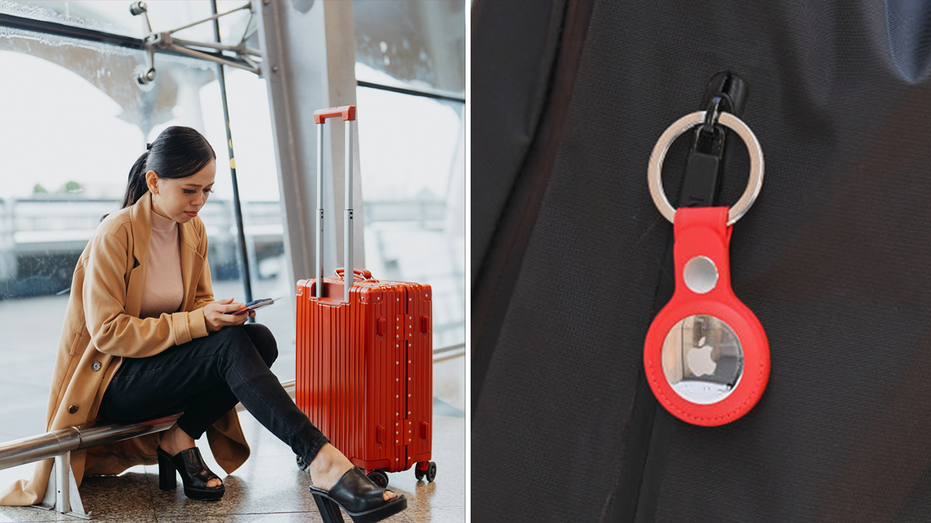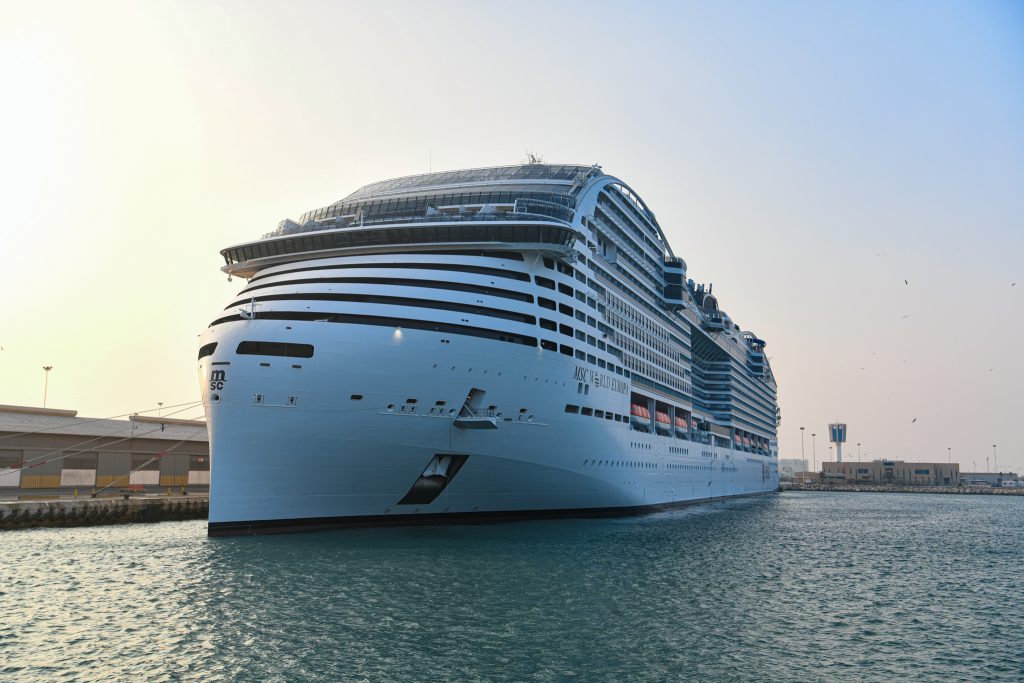HEALTH chiefs have issued a warning to Irish holidaymakers over an outbreak of a "rare but serious" disease. The Health Protection Surveillance Centre issued a warning to Irish holidaymakers headed to Italy after there was an outbreak of the deadly disease in Milan. The European Centre for Disease Prevention and Control reported the outbreak in Milan on August 11.
As of August 8, 49 cases of Legionnaire's' disease were reported and three people had died due to the illness. Legionnaires' disease is a lung infection that can be caused by breathing small water droplets that contain bacteria . The Milan cases were recorded in two municipalities in the metropolitan area of Milan - Corsico and Buccinasco.
The cases range from ages 26 to 94 and investigations are underway to determine the outbreak's source. The HPSC issued advice to those travelling to Milan to make sure they flush showers with hot water in their accommodation before they use them for the first time. They also advise seeking medical advice if you develop a flu-like illness with a high temperature.
The HPSC said: "Investigations are underway to determine the source of the outbreak. "Public health activities in response to the outbreak are ongoing to prevent transmission and emergence of new cases, including a chemical disinfection of the municipal water supply system with chlorine. "The presentation of cases reported to date suggests a community outbreak localised to a limited area of two municipalities in Milan.
Pre.

















